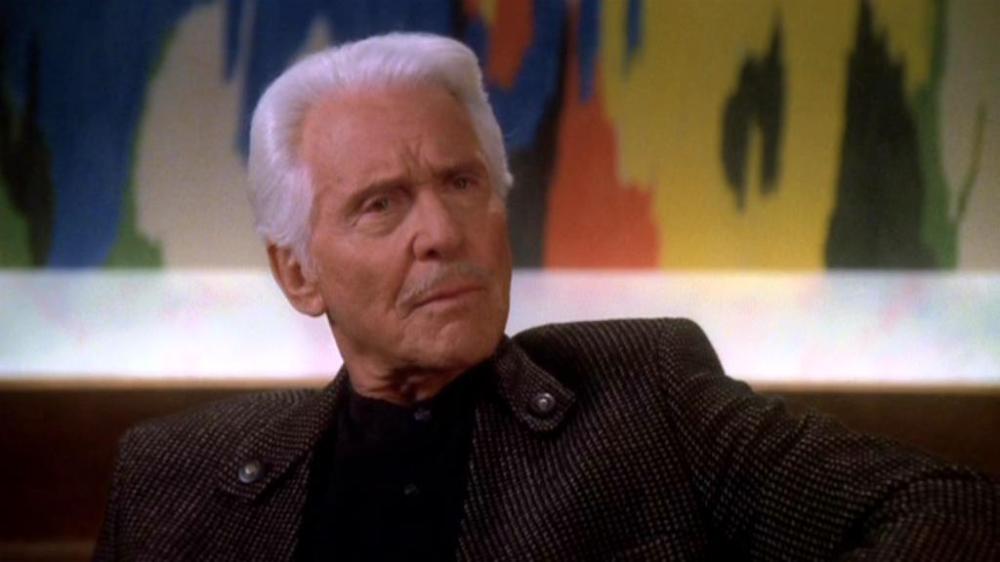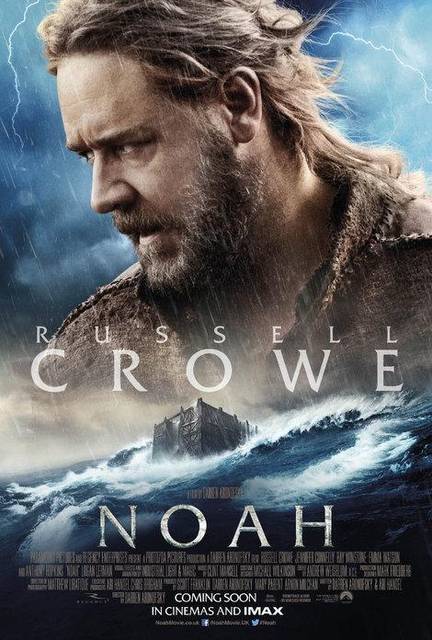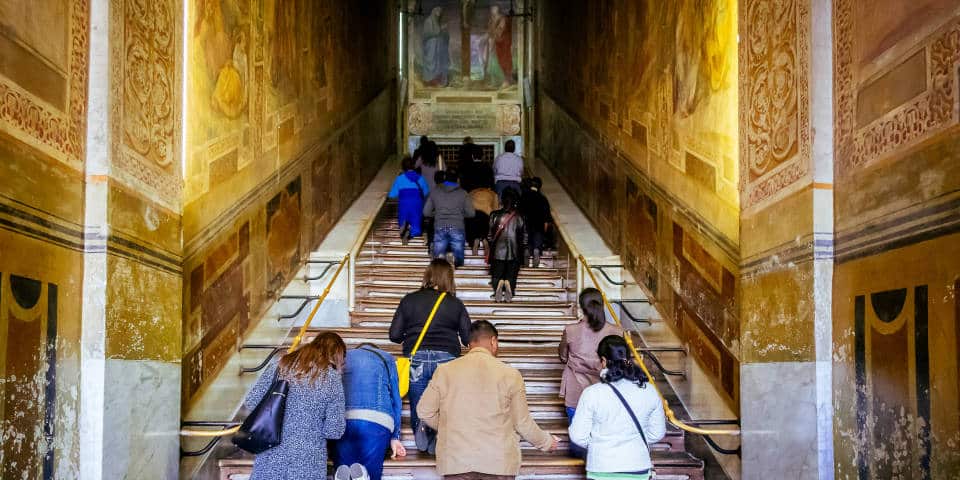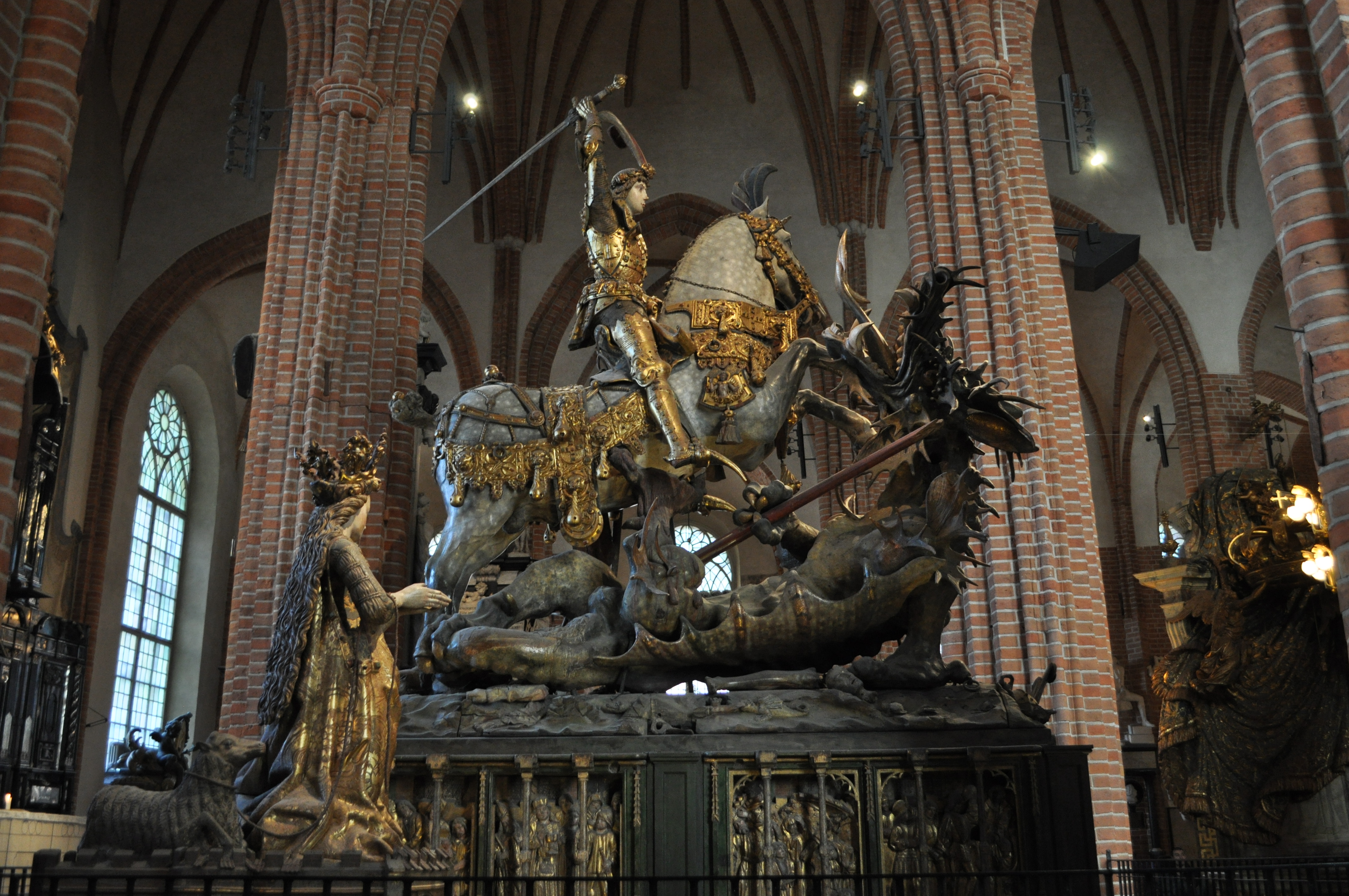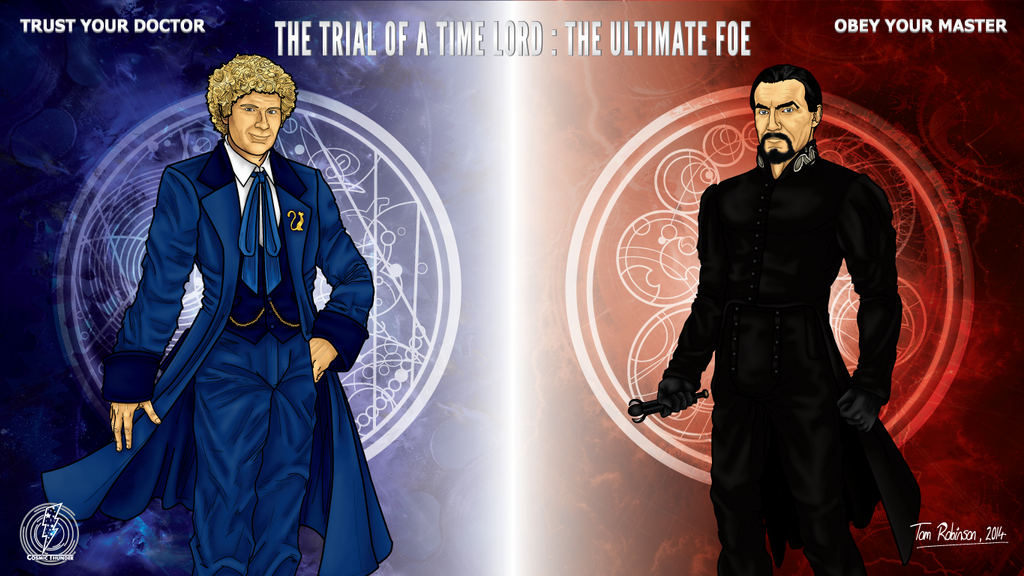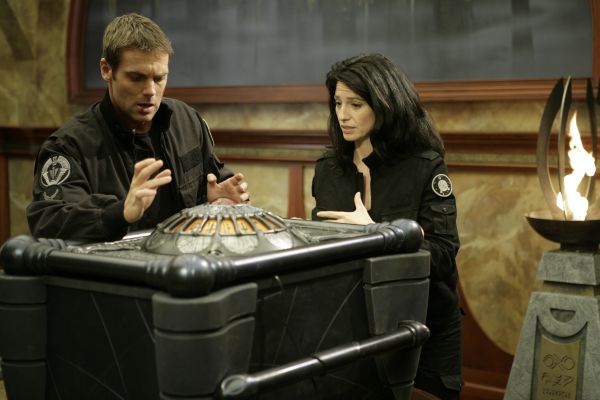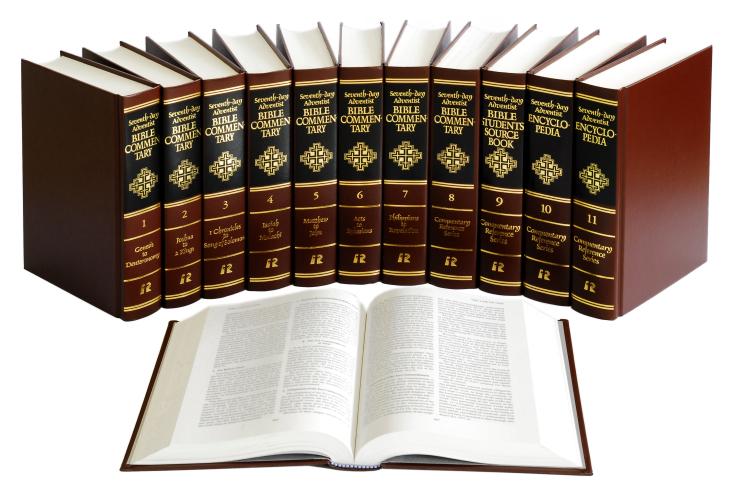1. Patriarchs and Prophets.
2. Prophets and Kings.
3. The Desire of Ages.
4. The SDA Bible Commentary -- Volume 4 (Isaiah to Malachi).
5. Daniel (1978 Commentary by Desmond Ford).
6. God's Day of Judgment (Douglas Vogt).
7. The 1928 Book of Common Prayer.
8. The End of the World, A.D. 2133 (Lucio Bernardo Silvestre). Good-Luck Finding a Copy!!
9. The United States of the Solar System, A.D. 2133 (Books One, Two, and Three).
10. Sacred Classical Music.
11. Stargate SG-1.
12. Babylon 5.
13. Earth: Final Conflict.
This is really just a mental and spiritual conditioning formula for Sirius-Researchers. But realistically NO-ONE seems to give a damn about such an approach -- except a few Archangels and Alphabet-Agents, perhaps. I continue to suspect that the Bible might be a Most-Dangerous Game -- rather than being the Absolute-Truth. There are honestly a lot of books I'd rather read BUT solving its hidden-puzzles might be the only way to get out of jail, and avoid being exterminated. I continue to think there are a few really-smart theologians who know exactly what I'm talking about -- but they're probably secretly-working in underground-bases under B.F. Egypt!! In other words, they probably won't be holding a Disclosure Press-Conference anytime soon!!
I receive the distinct-impression that Money and Appearances are EVERYTHING in this Solar System!! What if this has been the Modus Operandi of the God of This World for the past five to six thousand years?? What if this solar system has had No Real Archangels for the past five-thousand years?? I seem to have a Pro-Michael and Anti-Gabriel bias -- along with seemingly being a Lucifer-Denier!! But what if None of the Above have been active in this solar system for the past five-thousand years?? Or at least active among Earth-Humanity?? Remember in Earth: Final Conflict that Da'an said that Ma'el NEVER Came to Earth!! What if Humanity kicked God (or the Prime-Representative of God) out of the Garden of Eden five or six thousand years ago?? What if this is happening presently?? What if this is Sealing Humanity's Fate?? Is God on Trial?? Is Humanity on Trial?? Is EVERYONE and EVERYTHING on Trial??
What if the Bible offers historical and theological clues (but does NOT contain the Truth, the Whole-Truth, and nothing but the Truth)?? Douglas Vogt believes that the Torah contains coding and eschatological secrets -- but mostly does NOT contain history (at least as commonly understood)!! I've expressed extreme-distress regarding the Psychology, Ethics, and Law contained within the Torah (which seems to make me a God-Hater) BUT What if the Mind, Character, and Personality of God have been grossly-misrepresented over the past five to six thousand years?? What if those three Ellen White books are a step in the right-direction concerning the reconstruction of the True-View of Almighty-God?? These Whole-Bible Books read VERY Differently than Genesis through Revelation (to say the least)!!
Am I supposed to support or reject the God of the Universe?? Am I supposed to support or reject the God of This World?? Am I supposed to support or reject the Queen of Heaven?? Am I supposed to support or reject the Prevailing Views of Satan and the Antichrist?? Am I supposed to support or reject the New World Order?? Am I supposed to support or reject the Bible?? Am I supposed to support or reject the SDA Church?? Am I supposed to support or reject Ellen White?? Am I supposed to support or reject The Mists of Avalon?? Am I supposed to support or reject Earth-Humanity?? Am I supposed to support or reject the Roman Catholic Church?? Am I supposed to support or reject The United States of America?? Am I supposed to support or reject the Monarchy, the City of London, and the United Kingdom?? Am I supposed to support or reject the State of Israel?? Am I supposed to support or reject Gabriel, Michael, and Lucifer?? What Was and Is the Expectation??
I've mentioned this before -- but what if the Book of Daniel really was written in the Second-Century B.C.?? What if the 2,300 Days (or 2,300 Years) in Daniel 8:14 really began with Antiochus Epiphanes sometime around 168 B.C. (instead of 457 B.C.)?? What if the End of This World (as we know it) will occur around A.D. 2133?? What if the Sanctuary will be Cleansed and Restored to it's Rightful State -- with the Government of God Vindicated at that time?? What if the New World Order will REALLY go into High-Gear between now and then?? I am seeing some very dark things in the Bible, Politics, Religion, and Theology. I lean strongly toward the Wisdom and Gospel Literature in the Bible -- but what if it doesn't matter what I lean toward?? What if Humanity was Judged and Sentenced in Antiquity?? I've said many times that I seem to be BOTH Friend and Foe of Humanity, Divinity, and Myself. Something seems to be VERY Wrong in This Solar System -- going back thousands and thousands of years. I've made proposals -- which I have withdrawn -- because I don't know what's REALLY going on. I guess I'll just try to remain Responsibly-Neutral and Guardedly-Optimistic. Here are some videos from Bob Hardee. Much thanks to Bob.
bobhardee wrote:03 06 2014
bobhardee wrote:3 15 3015
bobhardee wrote:03 20 2014
I think you will enjoy this one
orthodoxymoron wrote:I think there is an ongoing "War in Heaven" which most of us know very little about. I continue to think that Religious and Political Science-Fiction is an appropriate approach to wrestling with the madness. I don't go to church and argue about this stuff. That wouldn't work. I generally don't talk about what I post on the internet. All I know is that every day I feel as though a truck hit me -- and I think it has everything to do with what I'm dealing with. As for MUFON -- just assume that just about EVERYTHING is infiltrated and subverted -- especially anything connected with uncovering what's REALLY been going on -- and what's presently happening -- throughout this solar system. I don't dare push any harder than I have been. I'm mostly attempting to positively-reinforce that which presently exists -- rather than becoming a Galactic Alex Jones!!
bobhardee wrote:03 29 2014
Ortho: I really enjoy reading most of your post. You are brilliant. I wish I could have been half as smart as you. Regarding disclosure: The story continues to unfold in front of our very eyes. There are so many different aspects that it is very hard to put them all together to get a clear picture. Some of it are things that we have seen or known of before such as in this video. Many of your references are religious in nature and I agree that too gives us hints as to what is to come. What ever it be God speed that we get there safely. We have today. That's all.
orthodoxymoron wrote:Thank-you Bob. I'll probably watch those videos later today or tomorrow. I'm really not that smart. Not in my present screwed-up situation and state of mind. I'm stumbling into a lot of "Truth" -- but much of this involves intuitive-visualization rather than fast-thinking. I'm more of a "dud' than you can imagine. But seriously -- the stuff I've posted is worth studying. I continue to think that the underground-bases and the secret space program are quite cool -- but they could mean the end of all of us -- if they are in the wrong hands. I still think that the universe might be a very traditional and harsh place -- with humanity (at least in this solar system) being somewhat rogue and renegade (for legitimate or illegitimate reasons). I think REAL "Disclosure" will involve much weeping, wailing, and gnashing of teeth. There might be FALSE "Disclosure" Events (with lots of lies) involving Fancy-Spaceships and Strange-Beings. Beware of Apocalyptic-Salvation and Broken-Promises.
bobhardee wrote:04 02 2014
orthodoxymoron wrote:Thank-you for all of these great posts, Bob! I've posted some of these videos on the thread I've been working on (with proper credit given). I hope that's OK with you. The technology is cool -- but I wonder where it really originated -- and under what circumstances?? I also wonder if the wonder-technology is in the best of hands -- or the worst of hands?? Ike said it was in the worst of hands. I keep wondering who really owns and operates this solar system -- and who really owns and operates the fancy-technology?? Was the basic technology stolen in antiquity -- and later developed and perfected with blood-money, contrived-wars, drug-money, diverted-taxation, diverted-tithing, and slave-labor?? The thing that REALLY troubles me is the thought that the most reprehensible activities imaginable might be absolutely necessary for the survival and development of the human-race. Things might be nastier and more desperate than we can possibly imagine. I guess that's why I poke and prod rather gently. Who knows what evil lurks in the minds of those who monitor what we post???
Bob, the management of what appears to be a Prison-Planet in Rebellion might be more complex and problematic than we think. The Factions and Fractions of Factions might be more numerous and powerful than we think. If they had an open all-out war with each-other, there might be nothing left of anyone or anything. I will continue to live within my somewhat delusional thread -- without becoming any sort of a revolutionary. I will continue imagining token participation in all of the secret-stuff as a researcher who is in attendance at all of the important happenings and places -- yet who seldom says or does anything of substance -- other than continuing to post on a website such as this one -- rather than siding with a particular faction. I fancy being sort of like Glen Ford in Brotherhood of the Bell -- except without having to follow (or give) any reprehensible orders. My latest theory is that some form of the New World Order will continue for approximately 120 years -- at which time things will be made absolutely ethical and proper -- with the Prison-Planet aspect ceasing to exist. Part of my reasoning involves the 2300 day-year prophecy in Daniel 8:14 (assuming 2nd century BC authorship and commencement). I don't usually play numbers-games, but this could represent a judgment-sentence rather than predictive-prophecy or absolute-foreknowledge. Consider reading The Federalist Papers and The Gods of Eden for an interesting political-governmental perspective. Also, consider watching all seasons and episodes of 'V'. Like I've said before, I've been trying to create a frame of mind in myself and others wherein we can face a Brave New Universe without becoming corrupt -- becoming slaves -- being exterminated -- going insane -- or running in the streets. I lean toward Knowing-Everything without Doing-Anything -- other than Understanding and Appreciating Everyone and Everything -- Competing Without Ceasing With Positive Response Ability -- With a Game-Show, Talk-Show, Lawyer-Like Approach to Life, the Universe, and Everything!!















